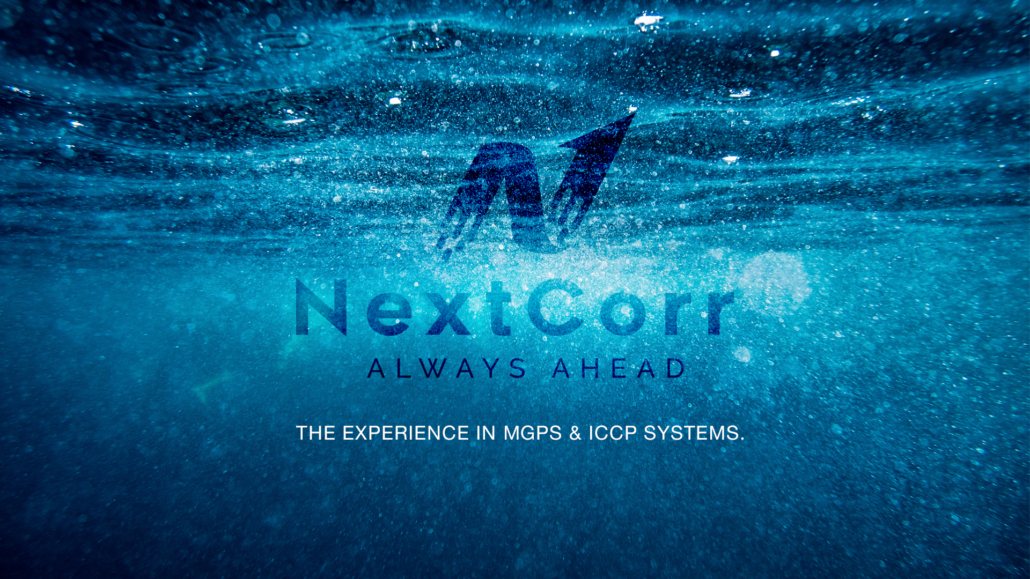HOW TO STOP MARINE GROWTH ON SHIPS?
Marine growth, also known as biofouling, is the accumulation of aquatic organisms on submerged surfaces over time, which can have a negative impact on the efficiency of ships and vessels and can also be a hazard to navigation.
The good news is that there are several ways to prevent marine growth on vessels, these methods include: the application of antifouling paint, the use of ultrasonics, the installation of sacrificial anodes, electrochlorination, the use of physical barriers, the use of biocides and the application of advanced coatings.
Each method is unique and may be more effective depending on the environment and the particular vessel. It is also important to maintain vessel hulls and to check the effectiveness of the method used over time and make adjustments as necessary.
Here are some of the actions necessary to prevent marine growth on ships:
Applying antifouling paint: Antifouling paint contains biocides that prevent the attachment and growth of marine organisms on the ship’s hull. It should be reapplied periodically, to maintain its effectiveness.
Using ultrasound: Ultrasound can be used to create sound waves that disrupt the attachment and growth of marine organisms on the ship’s hull.
Installing sacrificial anodes: Sacrificial anodes are metal plates that are placed on the ship’s hull. They corrode preferentially to the ship’s hull, providing cathodic protection, and also create a small electrical field that prevents the attachment of marine organisms.
Electrochlorination: Electrochlorination can generate chlorine to the water, which will be toxic to marine organisms, this method is usually used in ballast water treatment.
Use of physical barriers such as mesh or brushes: These can be placed on the ship’s hull to physically prevent the attachment and growth of marine organisms.
Using biocides: Certain chemicals can be used to inhibit the growth of marine organisms on the ship’s hull.
Implementing advanced coatings: Some coatings can be formulated to prevent the attachment of marine organisms, some of them with self-polishing features, which are able to renew the surface by losing the fouling.
It’s worth noting that the method to use would depend on the specific ship and its environment. It’s also important to maintain the ship hulls and check the effectiveness of the method used over time, and make adjustments as needed.
Consult with a marine growth expert, such as NextCorr Ltd, to determine the best solution for your ship.
NextCorr: your partner for Marine Growth Prevention.
Are you tired of dealing with the costly and time-consuming problem of marine growth on your ships? Look no further than NextCorr Ltd. Our state-of-the-art antifouling and cathodic protection systems effectively prevent marine growth and corrosion. Our ICAF (Intelligent Cathodic Anti-Fouling) systems are specially designed to self-monitor and adjust their performance, providing optimal protection at all times.
Trust NextCorr to provide you with the most advanced and reliable solution to stop marine growth on ships, Contact us today to learn more about how we can protect your ships and save you money in the long run. Don’t hesitate, take action now!


